
OR

There is no empirical evidence that better representation in itself empowers women. Women’s quotas are often captured by elites.
Jack Ma, the founder of Alibaba Group, once spoke of his ‘secret sauce’ for success: hiring as many women as possible. He believed they would be newly powerful in the 21st century and would greatly contribute to business.
Women’s rise plays an important role in any country’s political and socio-economic success. Compared to 1940s, women have steadily risen up the economic ladder. Yet there are also countries today that restrict women to menial jobs.
In these countries, they have suffered hardships and bitterly fought against patriarchy, against rights depravation, prejudice, biased laws, extortion, forced marriage and sexual slavery.
Before the 1920 even the US did not allow women to vote and a country like the UK paid its men significantly more than women. Even today, the likes of Malaysia, Nigeria, the Philippines, India and Sri Lanka legally recognize polygamous marriages for Muslims. Middle Eastern countries, meanwhile, have robbed women’s basic rights to clothing, political participation, business and voting.
Nepali women have also suffered. Our Muluki Ain had clipped the wings of women until it was amended in 1963. The law provided limited space for women to participate in politics and own properties. There were other legal and societal barriers for women.
However, things are changing. New laws and policies have been devised to empower them, especially with regard to their increased representation in politics and reservation in government jobs.
But according to the Central Bureau of Statistics (2011), women’s literacy rate has increased by only 22 percent over a decade while the male literacy rate increased by 40 percent in the same period. Perhaps education quotas for poor and vulnerable girls could have been a way out.
Most women, except in city areas, still spend their life attending to household chores. Even after legal reforms that grant them more rights, women have been unable to break social and familial barriers and to contribute to social wellbeing.
No doubt women are better represented in politics these days. In 1990, women held 2.4 percent of total seats in our national parliament, today they occupy 33 percent. Attempts are being made to make it 50 percent, reflecting their share of the national population. On the surface, the more women we have in the parliament and the bureaucracy, the better it will be for women empowerment. But it does not work that way all the time.
With more women-friendly policies, women find it easier to climb the bureaucratic ladder with bare minimum academic qualifications. Such easy fix could be a problem in the long run for there is no empirical evidence that only greater representation will adequately empower women. Such arrangements only benefited elite families that were already in the driving seat. The actual poor and vulnerable women don’t even have minimum qualifications to compete for positions reserved for women.
Developed countries have resisted from imposing gender quotas because they undermine the idea of equity. But in Nepal we have this false notion that mandating more rights and quotas for women will solve all problems.
Education empowers women, which is why countries around the world have put such emphasis on it. China did so starting in the 1970s, and the greater contribution of women to its economy was reflected in better GDP figures. According to Education for All Global Monitoring Report, Pakistan started growing economically only when educated women were allowed to enter job markets.
In Nepal, female literacy is as low as 11 percent in the far-west. We have failed to scale up efforts to educate girls there. We must educate as many poverty stricken females as possible. If quotas have to be applied at all, they should be applicable in education institutions while they are removed from other areas. When women are well educated, they will be able to compete against men even without quotas.
Thus the best way to meet women’s demand for more rights is ensuring their education.
The determinant of women empowerment should not be how many women from the comfortable classes are successful. It should rather be how many poor and vulnerable women can climb up the success ladder.
The author is an MBA student at Asian Institute of Technology (AIT), Thailand
ajaya10adhikari@gmail.com
You May Like This

New varsities not to be set up on basis of access to power: Education Minister
KATHMANDU, June 27: Minister for Education, Science and Technology Giriraj Mani Pokharel has asserted that the government has given top... Read More...

State-Minister for Education Adhikari bats for education reform
CHITWAN, Sept 27: State-Minister for Education, Sheshnath Adhikari, has given a clarion call to the concerned authorities to bring about... Read More...
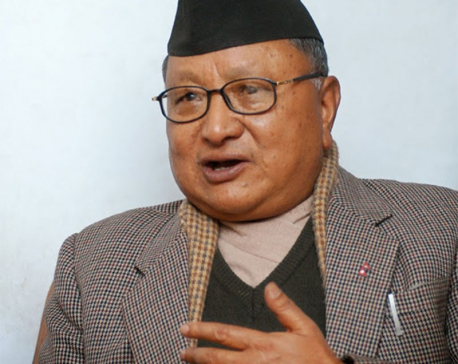
Rights of every student to quality education secured: Education Minister Shrestha
KATHMANDU, June 14: Deputy Prime Minister and Education Minister, Gopalman Shrestha has said that the right of every student of... Read More...





Just In
- Nepalgunj ICP handed over to Nepal, to come into operation from May 8
- Nepal to gift two elephants to Qatar during Emir's state visit
- NUP Chair Shrestha: Resham Chaudhary, convicted in Tikapur murder case, ineligible for party membership
- Dr Ram Kantha Makaju Shrestha: A visionary leader transforming healthcare in Nepal
- Let us present practical projects, not 'wish list': PM Dahal
- President Paudel requests Emir of Qatar to initiate release of Bipin Joshi
- Emir of Qatar and President Paudel hold discussions at Sheetal Niwas
- Devi Khadka: The champion of sexual violence victims




_20240423174443.jpg)





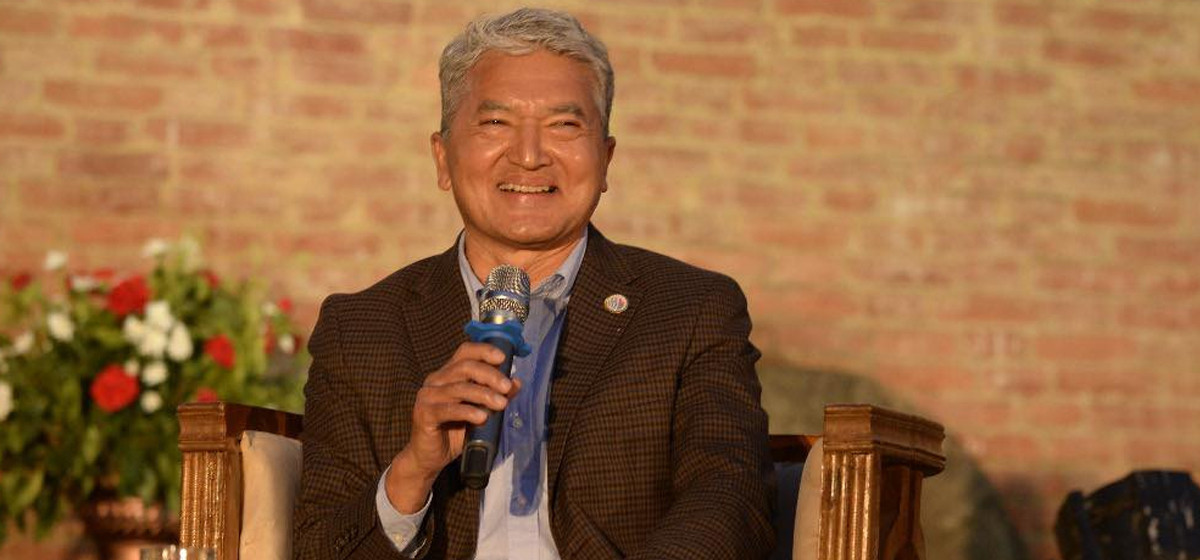
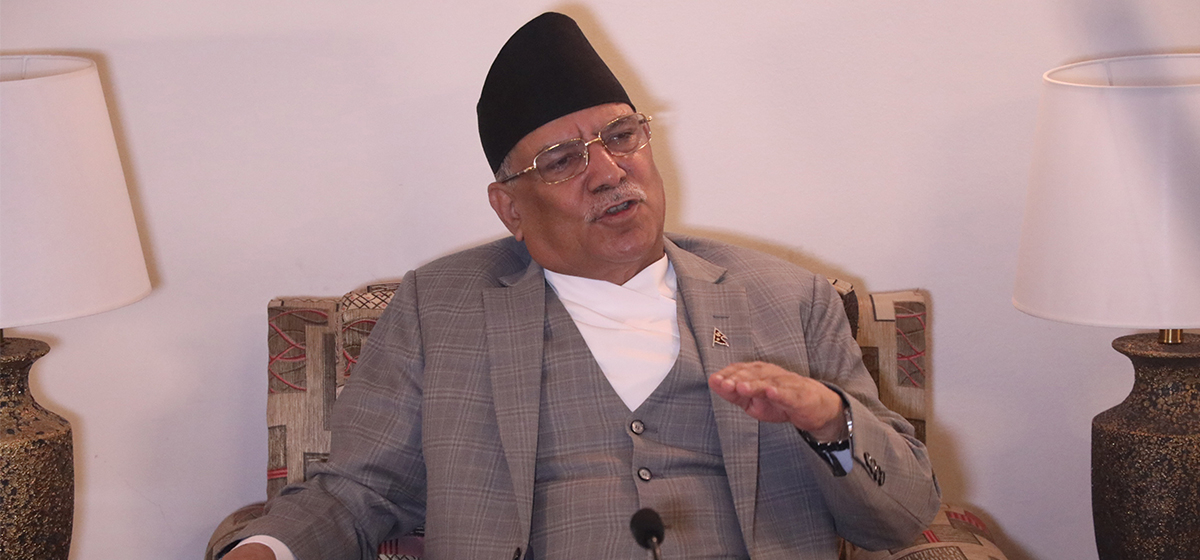

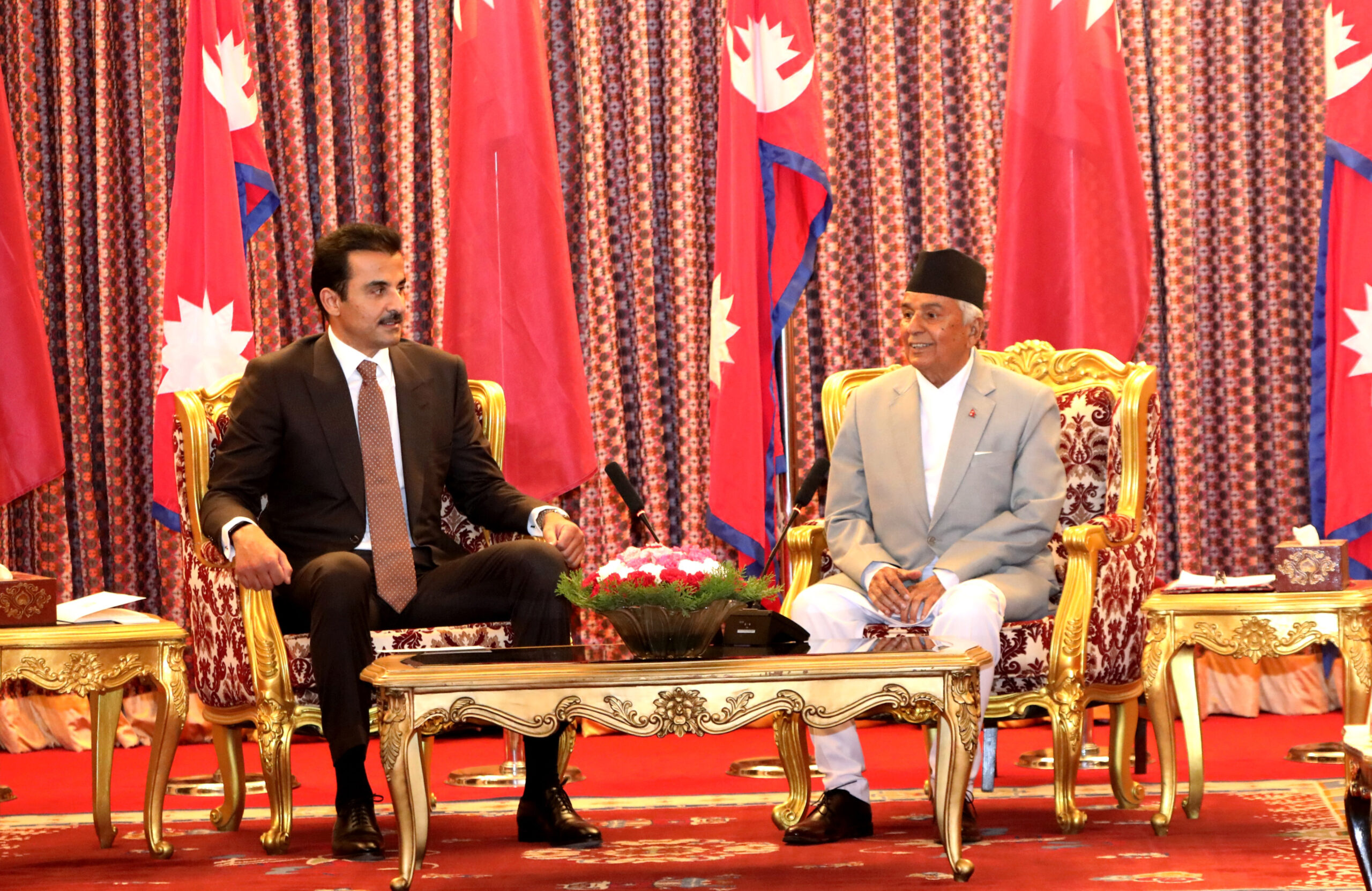
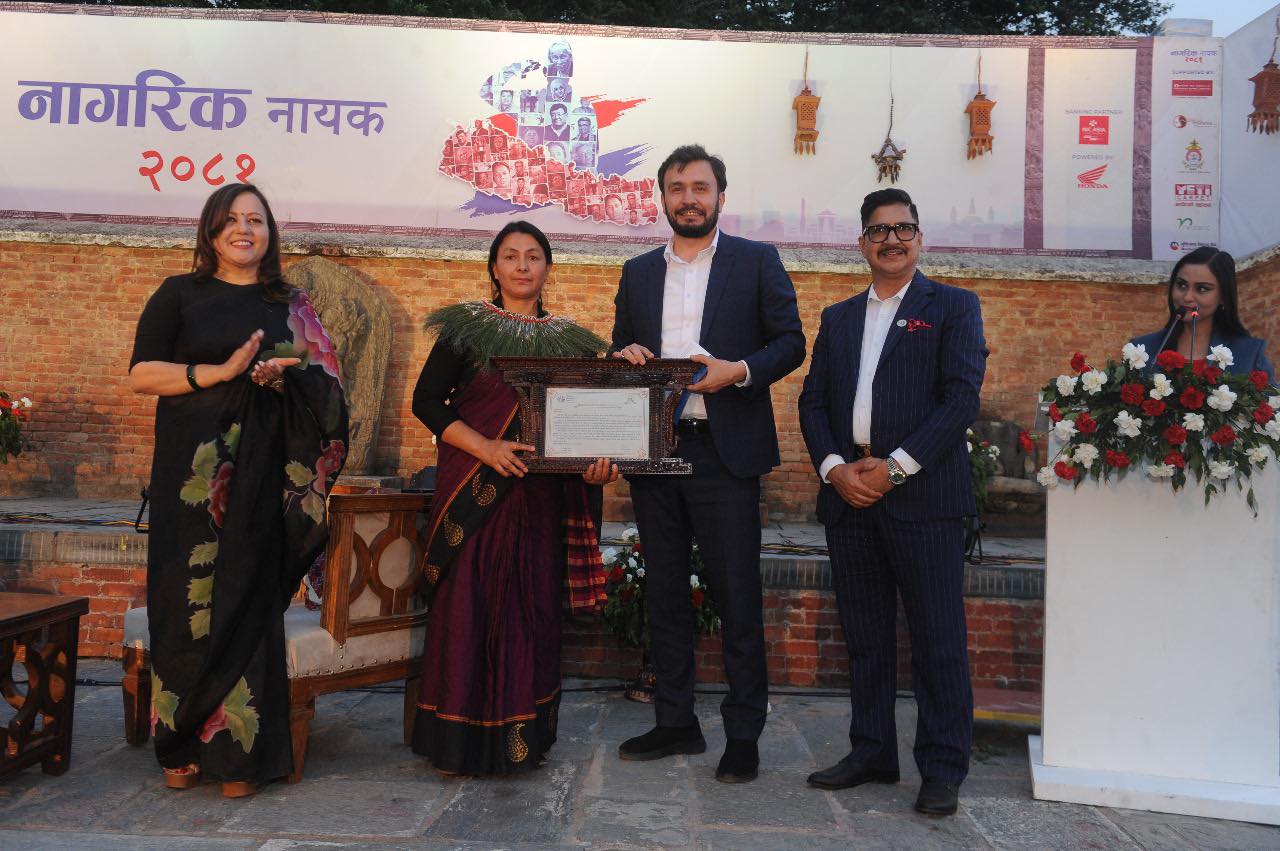
Leave A Comment